
Tag Archives Blackleg
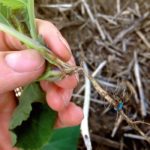
Five ways to help keep blackleg out of your fields

New tool on the way for canola growers safeguards against blackleg
Saltro is a new seed treatment to control blackleg at the seedling stage expected to be available for the 2021 growing season
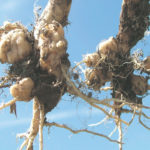
What does the new resistance-evading clubroot mean for Manitoba canola growers?
A new clubroot strain not controlled by canola varieties with traditional resistance genes has been found in Manitoba, but farmers can still keep this potentially devastating in check by being proactive

VIDEO: Stemming the spread of blackleg
Justine Cornelsen with the Canola Council of Canada shares three things canola growers can do to help limit disease

Canada working to end China’s canola block, Freeland says

China’s block on canola seen as blowback from diplomatic spat
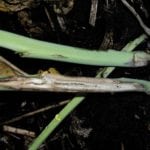
MCGA members offered free blackleg testing
Follow these steps to find out more about the genetics
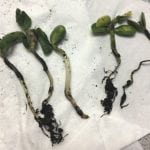
On watch for sick seedlings?
Sparse emergence might be more than a germination issue, Manitoba Agriculture warns

Tight crop rotations in the hot seat
Rotations were a major point as discussions turned to blackleg during this year’s BASF Knowledge Harvest
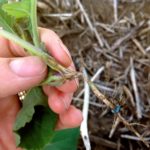
Two new blackleg tools for the 2018 growing season
Tools to estimate yield loss and pinpoint the strain infesting your fields can help reduce the economic hit




